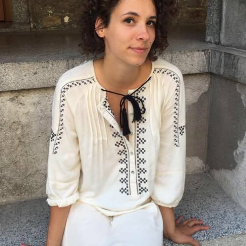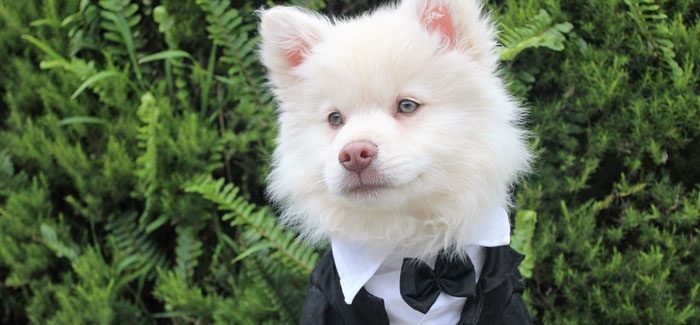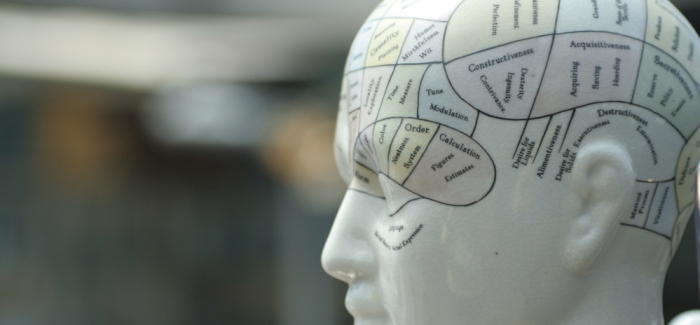Think you’d like to take to the skies after university and work for one of the biggest aerospace companies in the world? Whether it’s designing the latest commercial planes or improving airplane engine efficiency that gets you excited, get your career off to a flying start by reading our exclusive advice from an Airbus spokesperson.
The European aeronautics company is one of the biggest hirers of talented mechanical engineering graduates in the world, with revenues of over US$78bn last year. If you want to learn more about how to make it through their competitive hiring process and secure a job at this award-winning company,or any of the other top aerospace and aeronautics firms in the world, here are the answers.
What qualities do you look for in a graduate applicant?
We are looking for high-achieving, motivated graduates who share our passion for aerospace and drive for excellence. Qualities you need to thrive at Airbus include ingenuity, commercial awareness and exceptional problem-solving skills, as well as technical knowledge. Teamwork is an important part of life here, so we look for people who love collaboration and want to learn, grow and share their achievements with others.
What’s your hiring process like? How many stages are there?
There are five steps to the hiring process: application, online tests, application screening, assessment center and then the job offer. Online tests in numerical, logical and verbal reasoning need to be completed within seven days of candidates submitting their initial application. Airbus managers and recruiters will then review applications to assess whether they meet the requirements of the role. Students who pass this stage of the process will then be invited to an assessment center, which involves a range of activities, including group exercises, presentations, case studies and a formal interview.
What’s your biggest recruitment pet peeve, and why?
Candidates who just include the title of any positions they have held, but miss out details of what their responsibilities were. A part-time job title alone, for instance, can be meaningless to a recruiter. How are we to know that in your part-time job as a sales assistant at a building materials supplier you regularly contacted clients with promotional offers, scheduled deliveries, monitored stock levels and kept the company database up to date? Not including this information makes the Airbus recruiters’ jobs harder and is a missed opportunity to show what experience you can bring to the Airbus business. Cover letters addressed to the wrong company is another no-no. This shows lack of attention to detail, therefore it’s essential you tailor your application both to the company and the role you are applying to
What interview questions might a graduate be typically asked, and why?
Interviews can cover a wide range of subjects, including your university studies, past achievements and career choices. We may also ask you to imagine how you would behave in certain work-based situations. And of course, interviews may cover specific technical competencies required for the job in question.
What are some of the best and worst interviews you’ve ever conducted?
The best interviews are often with the individuals that have invested time preparing. For example, research the company and the role you’re applying to, don’t regurgitate our homepage, show us that you’ve gone over and above to research current hot topics for our organisation or industry. The individuals are clear on the role they are applying to, passionate about the company or industry and can clearly identify and articulate their current skills and how they can apply them to the role.
On the flip side, lack of preparation and understanding of the role often result in a poor interview.
What are some of the most common mistakes graduates make in their application to Airbus?
Not reading the job advert all the way through. It is common for students to see the educational requirements but not read further down the job advert to find out what else is required of them.
Another common mistake is submitting the same CV and covering letter when applying for more than one role. This makes your application sound generic – the opposite to what you need to do. Recruiters need to see that you have the skills and knowledge specific to the particular role, so you need to adapt your CV and covering letter to each position. Always spell-check your application before submitting!
What’s the most creative job application you’ve ever received?
When a CV was presented as a Google search results page, the search included words like ambitious, driven, and creative and the results shown were the candidates’ details.
Finally, what advice would you give a graduate looking to work at Airbus?
Tell us about your experiences that differentiate you from other applicants. For some of our graduate roles, all applicants will have a mechanical engineering degree, for example. But this shouldn’t stop you applying. Your experiences, qualities and achievements make you distinctive and give you something unique to bring to the role – you just need to tell us about them. Research the company and the role you’re applying to, however don’t regurgitate our homepage, show us that you’ve gone over and above to research current hot topics for our organisation or industry.










